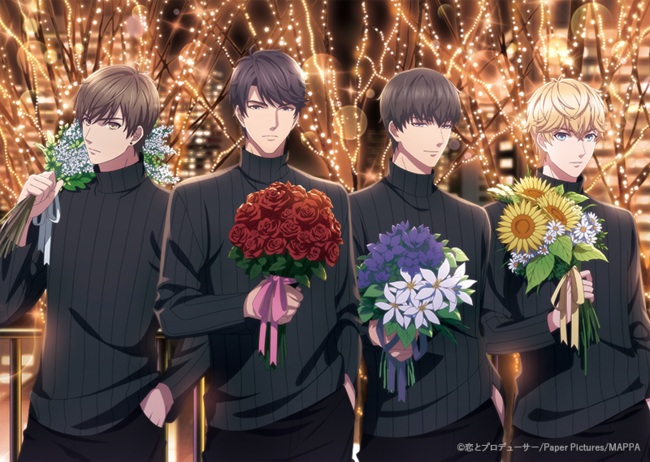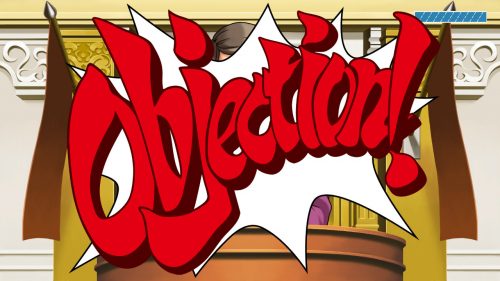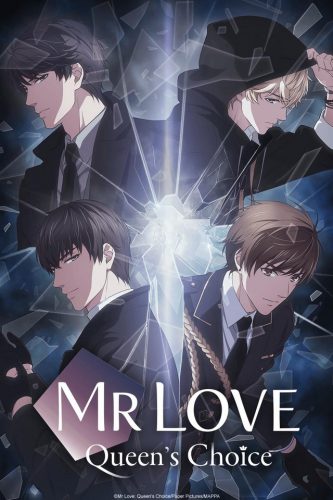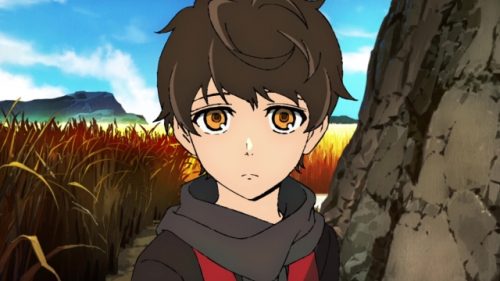
Last year, Honey’s Anime published an article on whether or not direct translations are a good thing. With some recent releases, we thought it would be best to re-evaluate how translation/localization should be approached.
Translation Vs. Localization

Translation and localization go hand in hand, but they aren’t 100% the exact same thing. Translation is the process of transcribing something from one language to another, while localization is also translation, the material is also modified in a manner that suits international audiences. While localization is more of a video game thing today, it was more common in the anime industry up to the 2000s. One of the most notorious examples of localization in anime was when Ash referred to his rice balls as donuts in one of the original Pokemon episodes. While those familiar with Japanese cuisine were quick to criticize it, the Pokemon anime gets away with such changes because the game doesn’t indicate that it takes place in Japan, so the producers are allowed to get away with such changes so they can market it internationally.
Modern Localization in Anime

While a majority of subbed anime these past ten years have done away with such practices, there are some recent anime that take a “localization” approach as opposed to being more of a direct translation, and this is more often in practice with dubs. One notable example is the anime adaptation of Ace Attorney. If you listen to the Japanese version with English subs, Naruhodo Ryuichi isn’t Naruhodo Ryuichi, he’s still Phoenix Wright. Considering that the original game series already had a decade presence outside of Japan, the subtitles retain the game’s localization vocabulary to maintain consistency with the game and appeal to its pre-established fanbase.
Another present example is the anime adaptation of Koi to Producer: EVOLxLOVE, otherwise known as Mr Love: Queen’s Choice. When you watch it in Japanese with subs, you can easily notice some inconsistencies. For example, Haku is named Gavin and Simon is called Lucien. Like Phoenix Wright, Mr Love: Queen’s Choice is based on a video game and the subtitlers wish to maintain consistency so they can appeal to that game’s fanbase.
Compared to Pokemon, Ace Attorney and Koi to Producer are very clear in that they take place in Japan, so viewers have more reason to question the nature of these changes for the sake of localization. In the case of Ace Attorney, the original game came out to the West in 2005, so localization was still a thing despite the obvious nods that it takes place in Japan (as portrayed through Maya as a spirit medium and her traditional kimono), and that a lot of the jokes in the original Japanese version wouldn’t make sense when translated into English or any other language.
Considering that the original Mr. Love game came out last year, it’s understandable that some of the changes are iffy, despite how obvious it is that the anime takes place in a Japanese setting, it’s naturally questionable that such changes were implemented. While Lucien is already given a Western name in the Japanese version as Simon (written as シモン, to closely resemble the French pronunciation), it’s really strange that they would take such an approach. Heck, even episode four shows on the main character’s cell phone in alphabet letter that his name is Simon!
Different Languages, Same Meaning

One unique translation controversy that has come to our attention recently is the naming of Bam/Yoru in the anime adaptation of Tower of God. In case you didn’t know, Tower of God is based on a Korean Manwha, and there is controversy over what to call the main character. There is no denying that Bam and Yoru mean “night” in their respective languages. The Japanese still refer to Koreans by their names pronounced in Korean (or at least close to it). For example, actor Bae Yong-joon is still Bae Yong-joon (or “Bei Yonjun” based on the kana writing), or Yon-sama. If the Japanese can still maintain Bae Yong-joon’s name, why change Bam’s?
Final Thoughts
While many fans reasonably think of anime as a niche thing, licensing companies are trying to appeal to a broader audience every day. In some instances, some changes are made in order to broaden that appeal or to be faithful to translation/adaptation with a pre-established fan base whose familiarity is with those terms and namings. With anime’s abundance of unique qualities from a linguistic and cultural point of view, we understand the desire to keep its original appeal as much as possible. In some anime such as Gibiate, we understand that is a must.
When it comes to Pokemon, while its localization is a product of its time, its changes were what helped make it an international hit these past twenty years (did we say twenty?!). In the end, depending on the title, anime translation is a ‘take what you can get’ kind of deal. Do you think certain anime (at least in the context of subs) should be localized for Western audiences or for the sake of being faithful to another localization? Or should the subs be more faithful to the original language? As it pertains to subs, what are some unusual translations that seemed iffy in contrast to the Japanese audio? Does it bother you? Do you think they should be necessary? Please share your thoughts in the comments or other possible examples of weird translations in subs.

